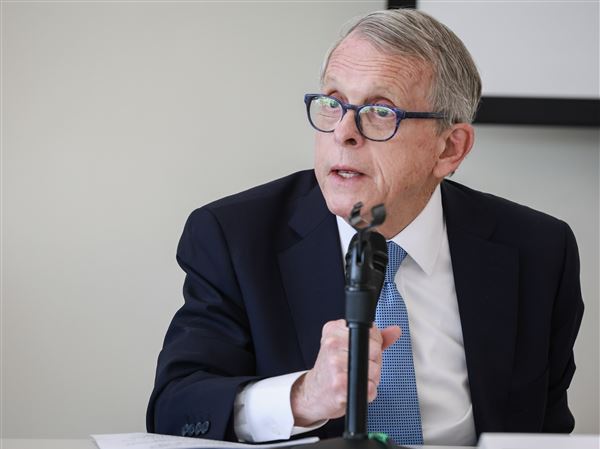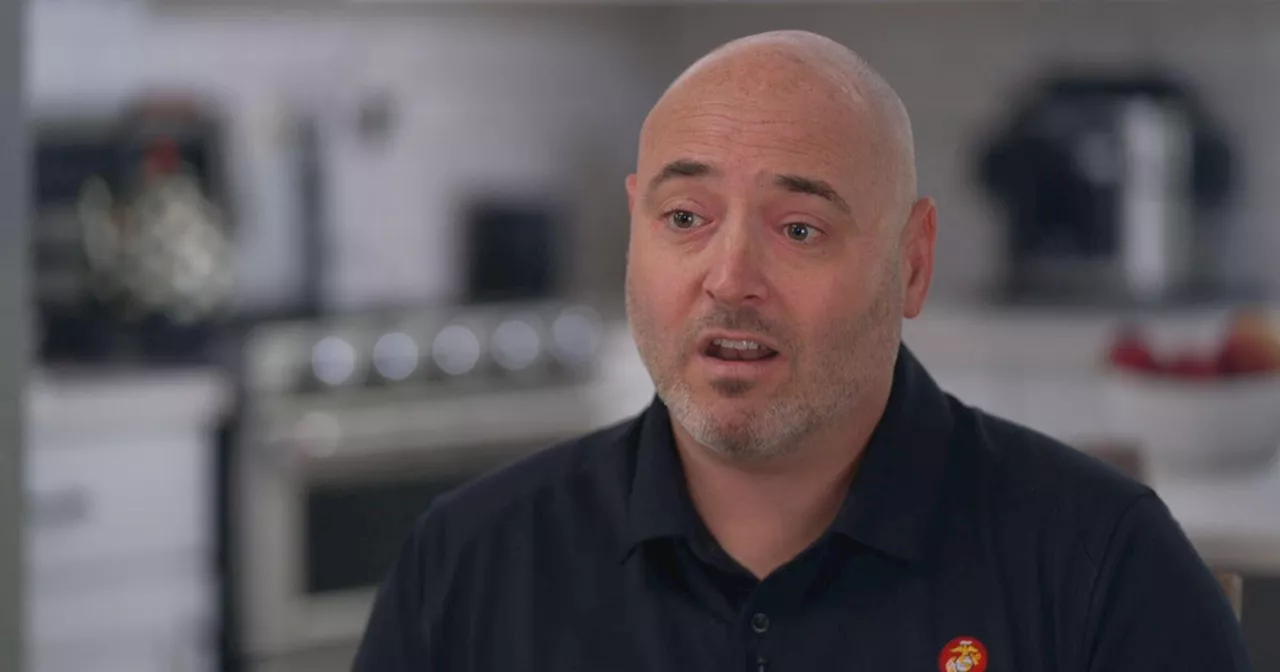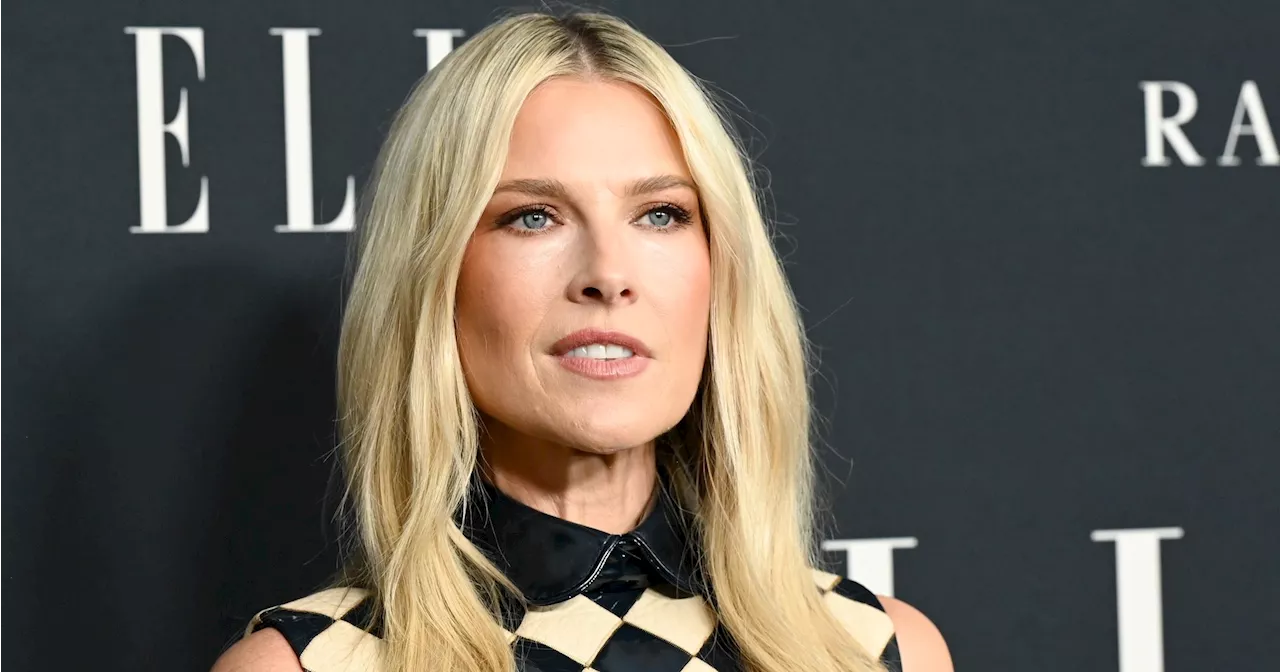A small business owner in Thomaston, Maine, is contemplating dropping her health insurance due to escalating costs and the expiration of federal subsidies. Chloe Chalakani, who operates a handmade pasta business with her partner, is now facing significant financial pressure as she navigates the complexities of health insurance enrollment for the upcoming year.
As the tourist season winds down, Chalakani is focused on administrative tasks, including her health insurance options. Currently, her premium stands at $460 a month for a high-deductible plan. With the enhanced tax credits set to expire in December, she anticipates her premiums will rise even further. “I don’t plan to get insurance next year,” she stated. “I’m just not going to do it — I’ll pay out of pocket.”
Chalakani’s situation highlights a growing concern among health policy experts regarding the stability of the health insurance market under the Affordable Care Act (ACA). The potential for young and healthier individuals, like Chalakani, to opt out of insurance coverage poses risks not just to their health but also to the overall insurance pool.
Impact of Rising Insurance Costs on the ACA Market
Insurance markets rely on a mixture of participants, including both young and older individuals, to ensure financial viability. Younger, healthier individuals typically contribute more to the system than they withdraw, helping to subsidize the costs for older and sicker participants. “You need people to be paying into the insurance system when they’re healthy so that they can take out when they’re sick,” explained a health policy expert.
The looming expiration of federal subsidies threatens to drive away healthier, younger individuals from the market. Chalakani’s decision is emblematic of a broader trend that could destabilize the insurance landscape. People who are less likely to require extensive medical care may find it increasingly unaffordable to maintain coverage, while older individuals, who often need more medical attention, are likely to remain insured.
Experts warn that if only those with significant health issues continue to enroll in plans, the average costs will rise. “If you only have sick people buying health insurance plans, then the average cost of that plan is going to be very high,” the expert noted. This could ultimately lead to a situation where insurance companies withdraw from the market altogether, rendering it nonviable.
Chalakani, aged 31 and generally healthy, acknowledged the risks of going uninsured. “Should a catastrophe happen, I’ll probably say, ‘Wow, I should have had insurance,'” she remarked. Yet, the financial burden of premiums has led her to prioritize immediate economic needs over potential future health risks.
The Broader Consequences of Rising Uninsurance Rates
The implications of rising uninsurance rates extend beyond individual choices. If more people abandon their health plans, it could strain healthcare facilities, particularly hospitals. Increased numbers of uninsured patients may lead to financial challenges for these institutions, which could, in turn, impact the services they provide. “If hospitals face a lot of financial strain from having a lot more uninsured patients coming through their doors, then they might start changing the services they offer,” the expert explained.
With cuts to Medicaid anticipated under recent budget proposals, millions more could find themselves without coverage, exacerbating the issue. As the end of the year approaches, potential enrollees may experience “sticker shock” as they explore their options for 2024.
Chalakani is among approximately 24 million Americans who obtain their insurance through the ACA. While she is currently resolved to forgo coverage, the situation could change if lawmakers manage to extend the enhanced subsidies. “If they keep my premiums about the same, I might reconsider,” she stated, highlighting the fragility of her decision.
As the debate around healthcare and insurance continues, the choices made by small business owners like Chalakani underscore the importance of accessible and affordable healthcare options in sustaining not just individual health, but the health of the entire system.







